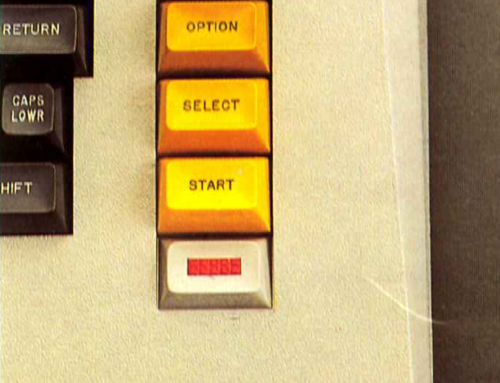In writing my blog post about self-love a while back, it seems I may have inadvertently stepped into a controversy that’s been raging among psychologists for the past several years. Apparently, researchers at the University of Waterloo published a paper back in 2012 which concluded that “repeating positive self-statements may benefit certain people, such as individuals with high self-esteem, but backfire for the very people who need them the most.”[i] In a nutshell, it seems that affirmations don’t work for—and may even harm—people with low self-esteem.
My advice, then, to look in the mirror and say “I love you”—that may not work for you. In fact, many of my suggestions, ideas and hard-won strategies may make you uncomfortable or simply not resonate. If that’s the case, don’t listen to me.
Listen to yourself
There’s a rule in yoga that you should avoid any posture that causes you undue pain, no matter what the instructor is telling you to do. This is the point at which wisdom is supposed to overcome ego: you stop because your body is telling you to, even if your brain insists you’re actually capable of folding yourself into a pretzel.
Seeking third-party advice from someone untrained (that would be me) requires a similar balance. If something I suggest just sounds wrong to you, listen to your own inner voice. It knows you better than I do.
On the flip side, sometimes ignoring uncomfortable advice—or avoiding difficult postures—isn’t actually a sign of wisdom. It’s a fear of facing our limits. If we spend our lives running away from the things that scare us, we will never get the opportunity to conquer our fears. Sometimes, uncomfortable advice is the best advice we can possibly receive because it holds a metaphoric mirror to our self-destructive behaviours. That’s why looking in the actual mirror can cause so much pain.
Easy for you
I know what you’re thinking. Easy for me to say, right, given my charmed life? I’m healthy, I’m happily married, my kids are on the path towards success, I’m employed, I have friends who love me. People like me can’t possibly understand the numbness of the daily grind, the constant fear of losing what meagre advantages we’ve gained, the struggle to stay clean, the shame of being used.
The thing is, there’s no such thing as ‘people like me’, at least not in my experience. Do you imagine I’d have anything at all to say if I hadn’t experienced some of life’s less fantastic aspects? I grew up in poverty—scavenged clothes that barely fit, not enough food on the table, two arson attempts in the building I lived in before I was 12, cockroaches all over. My father was AWOL. My mother struggled with mental illness—which, I gotta say, doesn’t lend to a smooth home life. I dulled my pain in a state I called “non-think”, which was largely characterized by substance abuse and sex with a string of men I barely knew (not all of it consensual).
I am not parading this litany in search of sympathy. My point is that I understand, okay? Maybe you’re not ready to step into self-love. Maybe you don’t believe you can ever fully heal. Certainly, if you’re walking one of life’s darker paths, self-help books and blogs aren’t going to cut it. It took years of therapy before I could face my demons. I’m not claiming that a wink in the mirror is going to chase yours away.
But, you know what? I am here to unequivocally assert that it is possible to put the past behind us and walk into a future full of light.
In search of truth
So, I ask you to take my advice and suggestions in that vein. If my words move you or resonate with you or even make you uncomfortable enough to examine aspects of your life you’d like to change, I welcome you along on this journey. It won’t always be fun, but I do hope it will be enlightening.
And if I’m not the voice for you, find another. If you’re here seeking answers, it means you’re ready to make changes—even if it’s only baby steps. So keep searching. Find a therapist, or support group, or doctor, or teacher who can help you find your way. I wish you peace along the path and the power to make positive change regardless of your current reality.
[i] Psychology Today, October 14, 2012. “Why Don’t My Positive Affirmations Work?” by Ray Williams. Accessed at https://www.psychologytoday.com/blog/wired-success/201210/why-dont-my-positive-affirmations-work





Aviva, I love your positive energy. I knew some of your background and have admired how you look at your life today with such gratitude!!
Thanks Wanda. Means a lot.